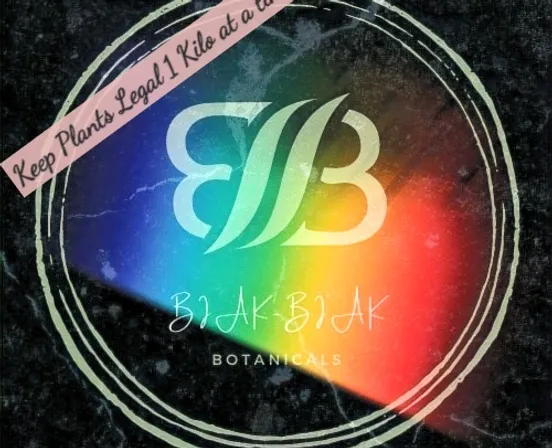While you thought the war on herbs were ending, a new battleground has emerged in the form of a peculiar concept – “The War on Plants.” This term, coined to describe the ongoing battle against the cultivation and consumption of various plant species, highlights society’s changing attitudes towards flora and the consequences of these shifting perceptions.
Plants have always been an integral part of human existence. From providing sustenance to serving as natural remedies, they have been invaluable resources throughout history. However, the war against herbs, primarily marijuana, took center stage in the early 20th century. The prohibition era marked stringent regulations against the growth and use of marijuana, fueled by moral panic and racial biases. However, in recent years, there has been a wave of decriminalization and legalization, as society recognizes the potential benefits and harmlessness of this plant. Amidst this progress, a new controversy has arisen.
“The War on Plants” has now extended beyond marijuana to include a range of other plant species. Advocates claim that certain plants, such as kratom and salvia divinorum, pose dangers to public health and should, therefore, be heavily regulated or even banned. These plants have been known to exhibit psychoactive properties or have medicinal uses, drawing both criticism and support from different quarters.
The fervent opponents of these plants argue that they contribute to addiction and substance abuse, warranting strict government control. They believe that by curbing access to such plants, society can prevent the potential harm they may inflict on individuals, families, and communities. This viewpoint, while often grounded in genuine concerns, risks overlooking the potential benefits and undermining personal freedoms.
Those in favor of exploring the potential of these plants, however, emphasize their medicinal properties and cultural significance. Kratom, for instance, has been used for centuries in traditional medicine to alleviate chronic pain, anxiety, and depression. Salvia divinorum, despite its psychedelic nature, has a long history of ceremonial and spiritual use among indigenous cultures. Advocates argue that banning or heavily regulating these plants denies people the right to alternative and potentially life-changing treatments, disregarding centuries of traditional wisdom.
Furthermore, concerns about addiction and abuse can be addressed through education and responsible use rather than outright prohibition. By creating public awareness campaigns and implementing stringent quality control measures, the potential risks associated with these plants can be mitigated, while still allowing individuals to make informed choices about their health and well-being.
The ongoing conflict surrounding “The War on Plants” highlights the complex relationship between humans and the natural world. As our understanding of plants and their effects evolves, so too must our approach to their regulation and consumption. By striking a balance between public health concerns and individual freedoms, it is possible to navigate this new terrain with wisdom, fairness, and respect for both plant life and human rights.
************
Want to get more details?
Biak-Biak Botanicals
https://www.biak-biak.com/
4176692831
43 Laughlin Ridge Rd
100% Unadulterated Raw Organic Pure Powder Leaf Kratom from farmers who pick the best trees in SE Asia.

